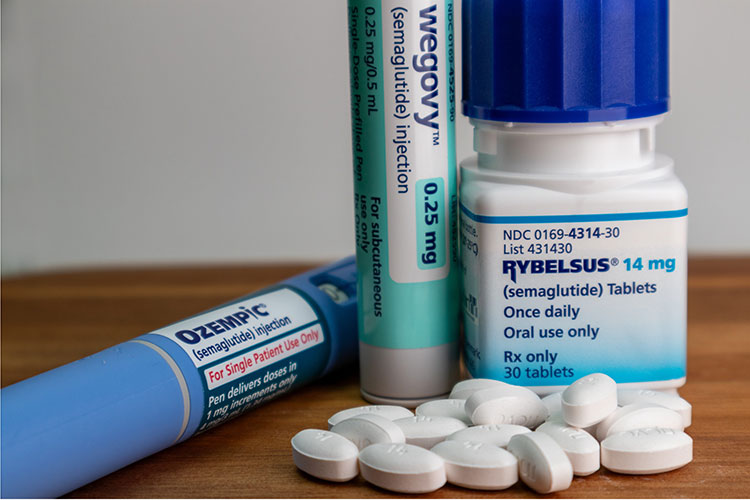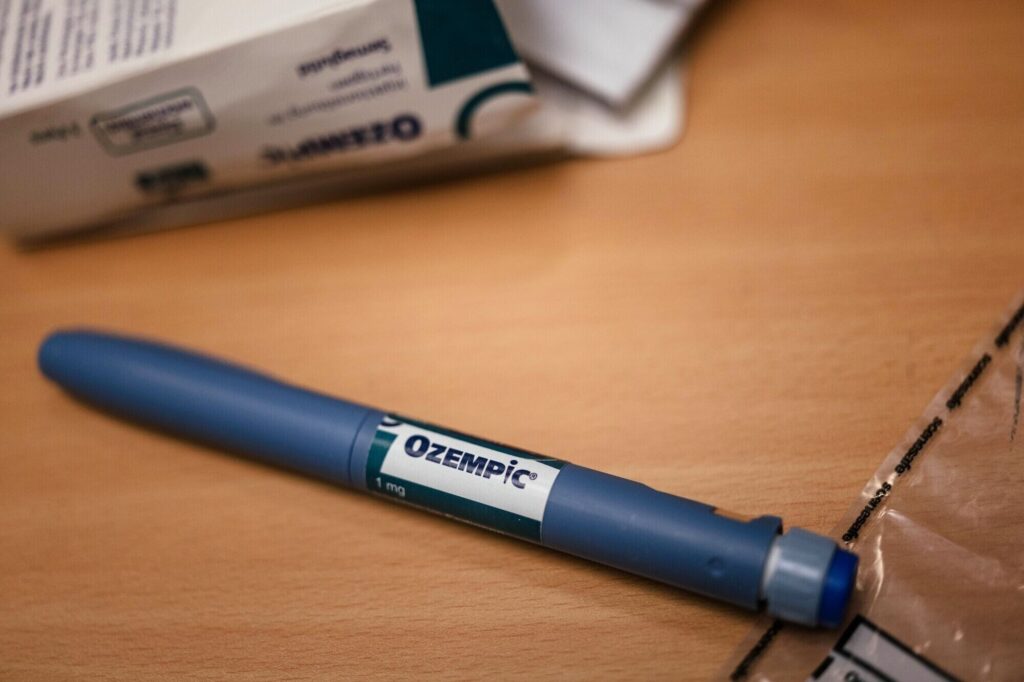India’s pharmaceutical sector is making waves again as one of the key manufacturers of GLP-1 (glucagon-like peptide-1) injection pens prepares to enter the global generics arena. With blockbuster diabetes and weight-loss drugs like Ozempic and Wegovy sparking global demand, Indian pharma is positioning itself as the next big disruptor in the injectable therapy market.
Industry sources confirm that leading Indian contract manufacturers and API producers are scaling up infrastructure and R&D to produce generic versions of semaglutide-based GLP-1 receptor agonists. These drugs, originally developed by Novo Nordisk, are used widely for Type 2 diabetes management and obesity treatment, and have become one of the hottest segments in global pharma.

Why It Matters
GLP-1 drugs are reshaping chronic disease management, and their success has triggered supply shortages globally. Indian drugmakers see this as a golden opportunity. From pen-device manufacturing to peptide formulation, Indian pharma companies are investing heavily in tech transfer, biosimilar development, and regulatory readiness for key markets like the US, EU, and Latin America.
Domestic Capability, Global Ambition
Thanks to India’s cost-effective manufacturing, skilled workforce, and growing investments in biologics and injectables, industry insiders believe the country could capture a significant share of the $100 billion GLP-1 therapy market in the coming decade.
With plans to launch in regulated markets once patents expire, Indian firms are also looking at therapeutic alternatives using native research, biosimilar pathways, and bulk supply of key APIs.
“We are looking at a multi-billion-dollar opportunity. India has the tools, the talent, and now the global trust to scale up and compete with big pharma,” said a senior executive at a leading pharma exporter.

A New Chapter for Indian Pharma
As global focus shifts from oral generics to complex injectables and biosimilars, India’s pharma industry is evolving from copycat formulations to tech-driven drug development. The GLP-1 push is a clear sign of that transformation.
With global shortages, rising obesity rates, and healthcare costs climbing, Indian players stepping up with affordable GLP-1 pens could be a game-changer—not just for markets, but for millions of patients worldwide.


